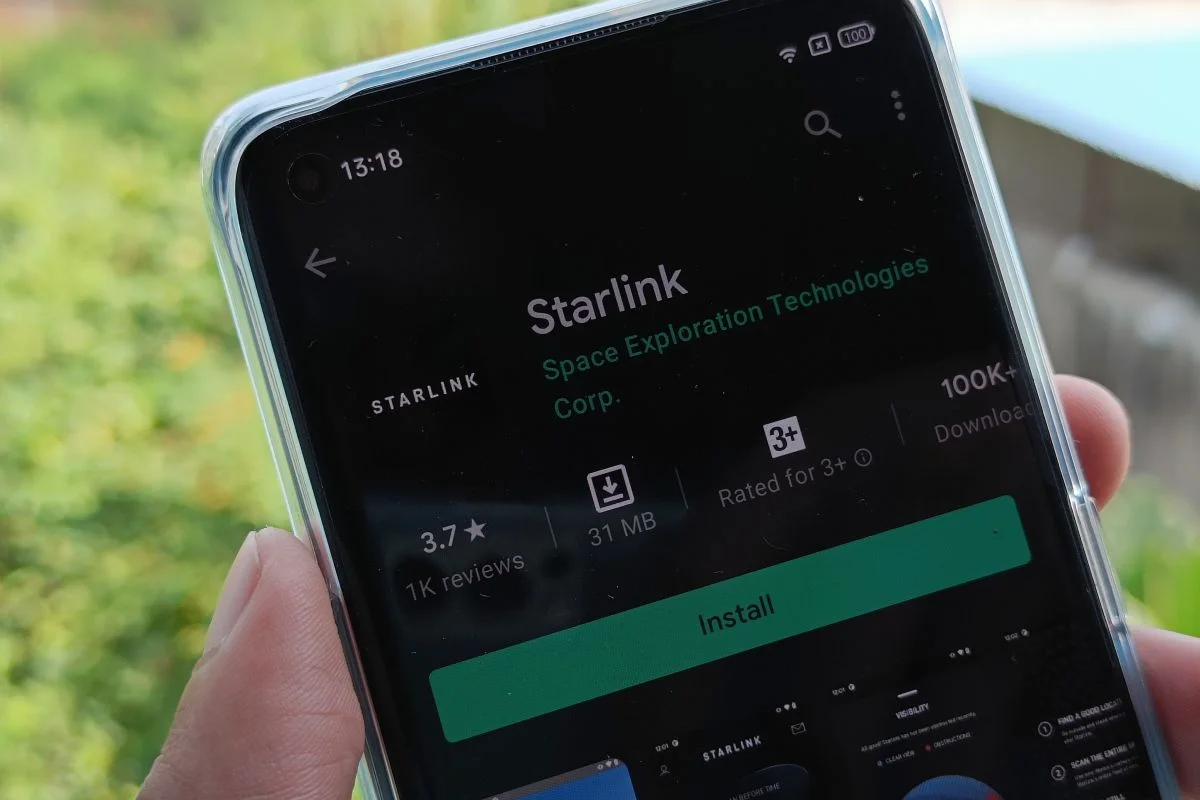
SpaceX-owned satellite internet company Starlink may soon get the license required to start services in India. To offer satellite broadband services in India, a company requires a GMPCS (global mobile personal communication by satellite) service license. OneWeb and Jio Satellite Communications Ltd have already acquired this license. According to a TOI report, a high-level meeting is scheduled for later this month where Starlink's proposal for a GMPCS service license will be discussed. The proposal is likely to get the nod. However, there's always a possibility of some last-minute concerns that can delay the license approval further for the company.
Read More - SpaceX Successfully Launches 15 Starlink Satellites
Starlink is already offering commercial internet services in many parts of the world. But its cost is too high for an average consumer to purchase it. Back in 2021, when Starlink was selling pre-bookings in India, it was charging $99 per connection. This didn't even include the cost of all the equipment. So the total cost of the equipment along with the internet plan would be too expensive for most compared to what the users have to pay for fiber broadband.
Read More - Satcom Association Wants India to Follow International Practices for Spectrum
However, Starlink needs more than a GMPCS license to start services in India. The GMPCS license is just the start. After that, the company will have to secure approvals from different government wings and also get a nod from the Department of Space. Due to not having the proper license and permissions, Starlink was ordered to refund the pre-booking amount to Indian customers by the telecom department. The satellite broadband company had to return the money and it has been more than 1.5 years now that there has been no real progression in the entry of the company in the Indian market.
It will be interesting to see the strategy that Starlink will take up to compete with OneWeb and Jio in the Indian market. OneWeb is expected to start services soon as it completed its global LEO satellite constellation goal a few months back.















